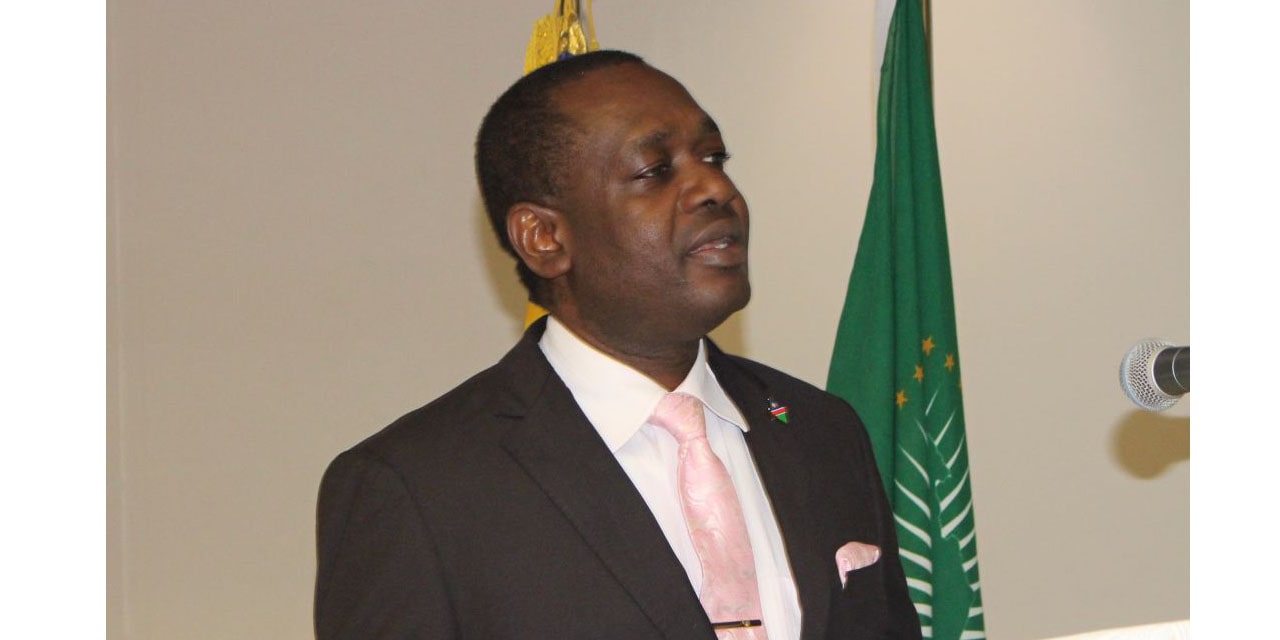Martin Endjala
Civil servants will have to tighten their belts further as the government is currently not in a position to afford salary increases, except for improving some of the benefits.
The reason for being unable to accord salary hikes, the Minister of Information, Communication and Technology Peya Mushelenga, said is because the country facing various challenges including a stagnant economy and the consequent narrowing fiscal space since 2016.
This has resulted from ‘’a combination of weak global demand, low commodity prices and protracted drought,’’ the minister said.
‘’Reduced revenue receipts from the SACU common revenue pool and the outbreak of Covid-19 have further exacerbated the situation.’’
The government, he said, can only sustain existing expenditure levels and cannot find money anywhere except considering increasing taxes or borrowing more or cutting expenditure in some areas.
The minister further explained that the demand by the unions entail additional expenditure for which additional revenues are needed.
‘’The borrowing window has become narrower given the high public debt level,’’ said Mushelenge.
Under these circumstances, he said, the government is only able to increase the housing and transport allowances, which will cost additional N$334.9 million, as compared to N$1.2 billion going on a 5% salary hike of the revised cost of 1,5 billion dollars.
Mushelenga added that despite the financial difficulties the government is not looking at retrenchment or reduction of salaries, as the private sector has done.
“Government is not saying that they do not want to increase civil servants’ salaries, what we are saying is that, the government cannot afford N1.2 billion for salaries given the country’s economy, in doing so it will cause the country to go into a deep trench.” Mushelenga explained.
The Finance minister Iipumbu Shiimi concurred with Mushelenga saying that in order to preserve the livelihoods of the Namibian people particularly those who are vulnerable, the government cannot afford to pay the N$1.2 billion for civil servants’ salaries alone.
Doing so, he highlighted will mean that the country will have to go and borrow an additional N$1.2 billion or stop school upgrades and health care envisaged projects which will than result into another problem, while also stressing that elderly pensioners will also be affected.
Shiimi urged civil servants and the Namibians at large to allow the economy to recover and to make additional income.
He also revealed that the government is currently working on mechanism to see how best to assist the country in remedying the high food prices to see if they can provide relief anywhere.
But, these are still under discussions and within the next weeks or month they will announce interventions in this regard.
The minister is urging civil servants to be more patient and share the pain together with the
government, stating that public servants are not the only ones who are affected, but pensioners grands have also not been increased for a while now.




